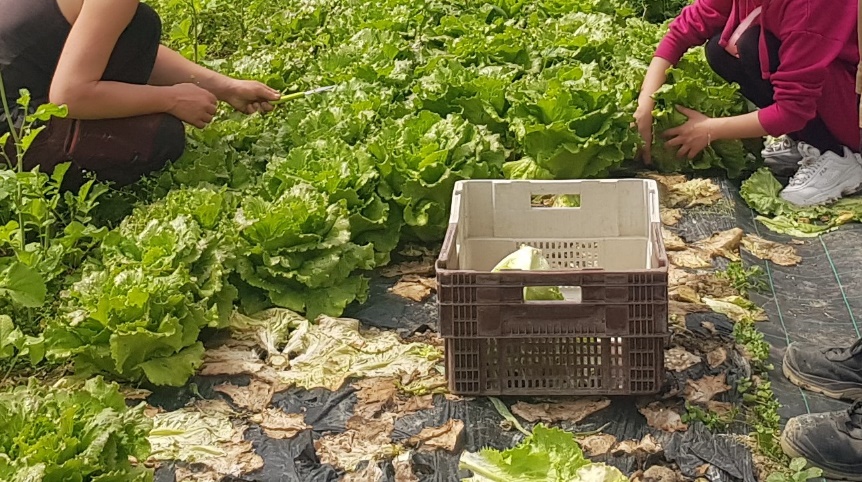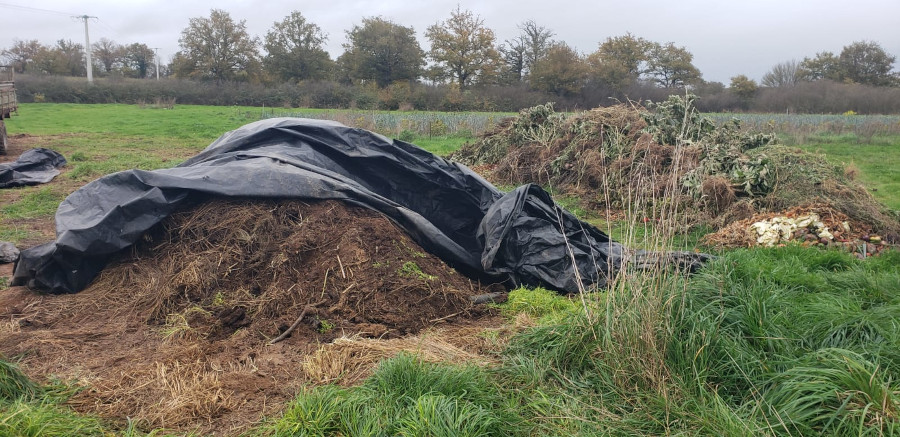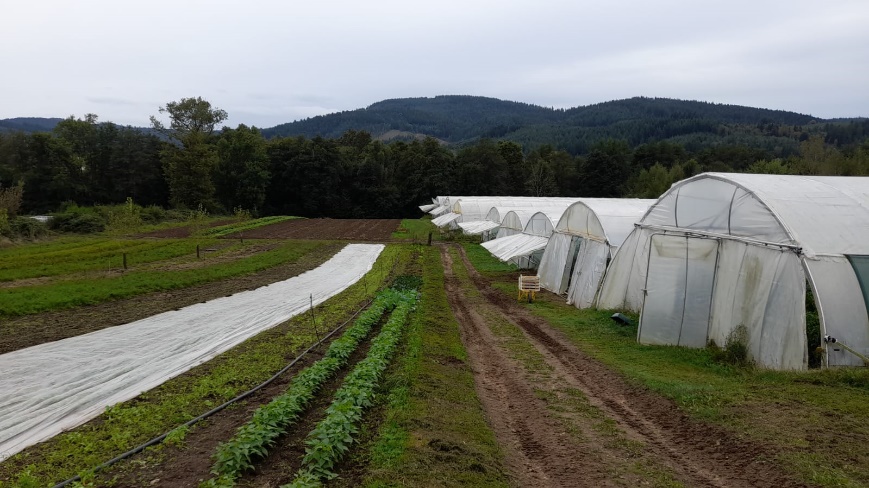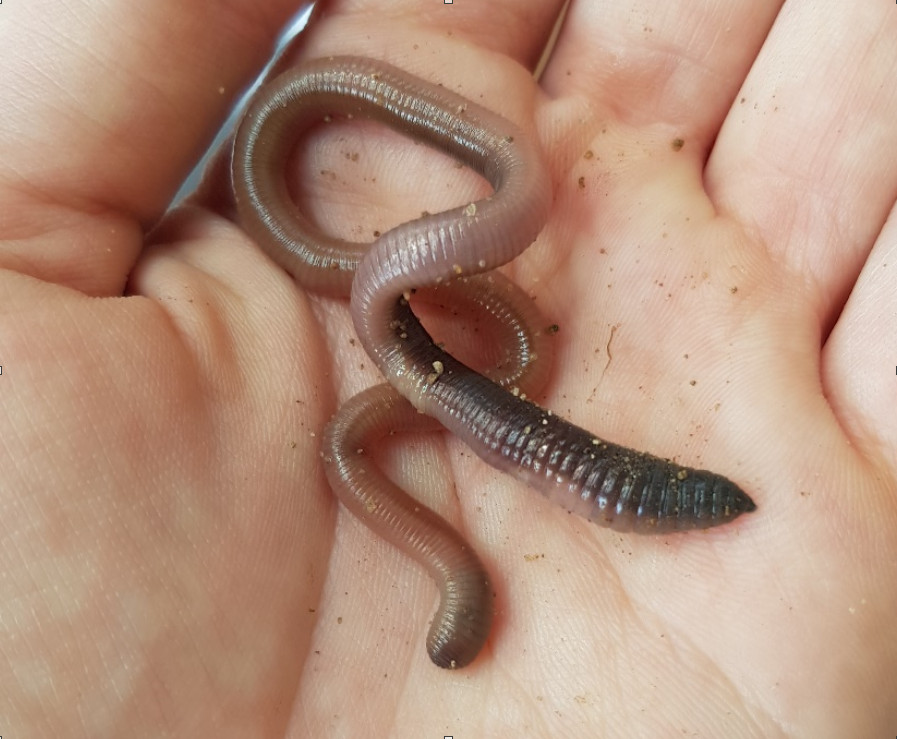The MARMITE project aims to address two major issues in market gardening systems: the supply of resources and the input of organic matter. By gathering an interdisciplinary team to work on both national and more specific territorial scales, we aim to analyse current practices and their impacts. Through our work, we hope to facilitate discussions between stakeholders on the management and mobilisation of organic matter, at both the territory and farm levels.
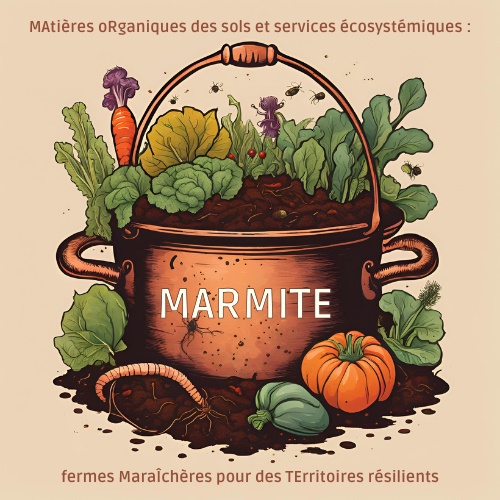
Various organic fertilisation and soil enrichment practices are employed, particularly in market gardening. These practices occur in a variety of systems and are motivated by various factors, such as reducing input costs, improving soil fertility and managing farm residues. The small number of studies based on agroecological market gardening contrasts with the sector’s rapid transition (market gardening is currently the only form of agricultural production in France to see an increase in its area). Sometimes, this transition is supported by collective mobilisation, such as the ‘Maraîchage sur Sol Vivant’ (literally translated as living soil market gardening) initiative, which places organic matter (OM) at the heart of fertility management to improve soil health. This can lead to large quantities of OM being introduced into the soil. Additionally, these systems rely on the use of new sources of OM from effluent and waste treatment (e.g. digestate). The use of OM is justified by its potential contribution to soil fertility through its chemical, physical, and biological properties. However, using high quantities of OM can cause various problems, such as the leaching of micro- and macronutrients, the risk of organic and inorganic contamination in the short or medium term, and difficulties for farmers in obtaining OM.
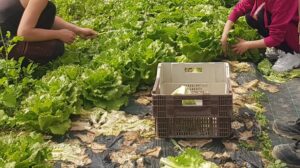
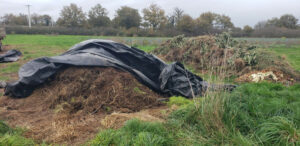
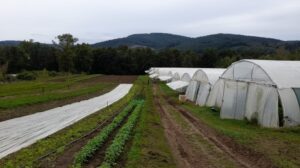
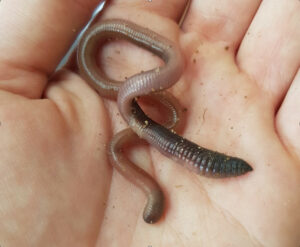
Project objectives
The MARMITE project has two aims: to improve knowledge of practices involving OM at farm or territorial scale, and to provide information for better management. To this end, the project will:
- Characterise and analyse several strategies and agronomic innovations in market gardening systems with a high level of OM integration. This work will improve our understanding of why and how OM is used at farm level and mobilised at territory level.
- Evaluate the role of OM in providing ecosystem services and the associated environmental impacts of market gardening farms, taking various services and biodiversity into account.
- Analyse access to these OM, focusing on the networks of stakeholders that oversee their current use. This work will improve our understanding of socio-economic systems and how they function, with a focus on circularity and governance.
The MARMITE project aims to address two major issues in market gardening systems: the supply of resources and the input of organic matter. By gathering an interdisciplinary team to work on both national and more specific territorial scales, we aim to analyse current practices and their impacts. Through our work, we hope to facilitate discussions between stakeholders on the management and mobilisation of organic matter, at both the territory and farm levels.
Materials and methods
This project will use a variety of methods such as:
- An online survey for market gardeners across France.
This survey is ongoing. You can find all the information about it here: https://isara.cloud/index.php/s/TEQBnNQkZFWAAd9
If you are a market gardener, you can respond directly to the online survey here : https://s2.sphinxonline.net/SurveyServer/s/marmite/EnqueteMARMITE/questionnaire.htm - Interviews with market gardeners in three territories of the regions Auvergne-Rhône-Alpes
- Samples and field measurements of soil and biodiversity (macro- and mesofauna) (in Auvergne-Rhône-Alpes)
Timeline
The project is divided into four phases:
- Construction of a typology of French market garden farms based on tillage and organic matter (OM) input practices, as revealed by the online survey results.
- Selecting farms that represent the various typology categories in the region Auvergne-Rhône-Alpes, with the aim of exploring issues related to OM supply and input in depth through semi-structured interviews.
- Conducting field analysis on the farms over two seasons (autumn 2025 and spring 2026) to study the impact of market gardeners’ practices on their soils’ ecosystem services and biodiversity. At the same time, two workshops will be organised with the market gardeners involved in the project to discuss and exchange ideas about their agricultural practices.
- Results will be valorised through the writing of scientific and technical articles and the organisation of a project feedback session.
Project team
Baptiste Grard, Anthony Roume, Aurélie Ferrer, Alexandra Rapiau (Research Unit Environment and Agroecology).
Partners
INRAE, AgroParisTech (UMR Ecosys and SADAPT), IEES, Lille University (LGCgE), Lorraine University (LSE), FRAB Auvergne-Rhône-Alpes
